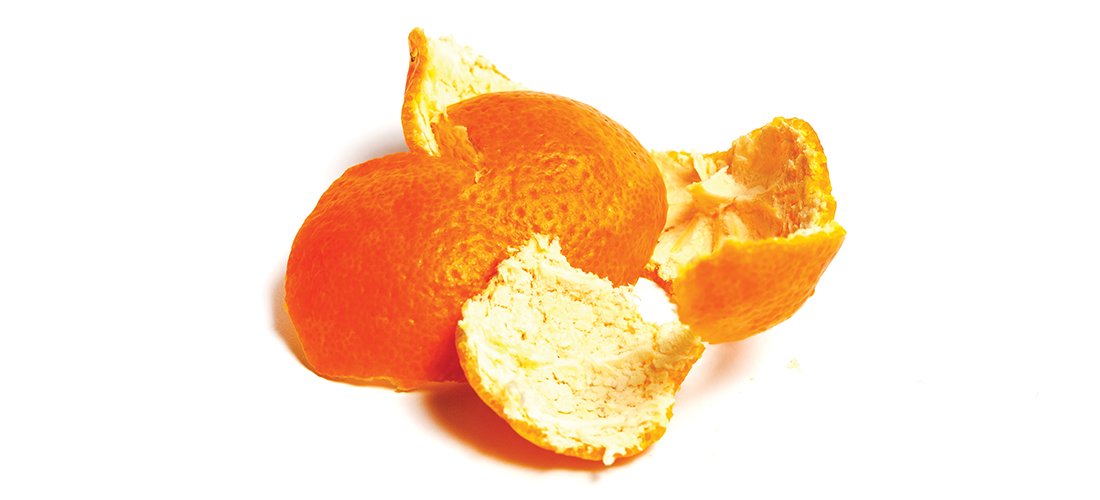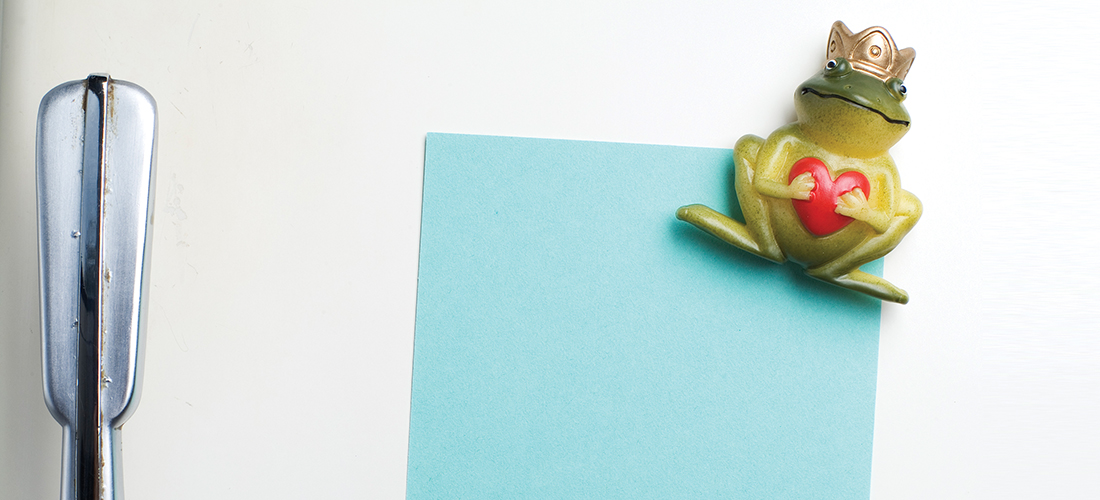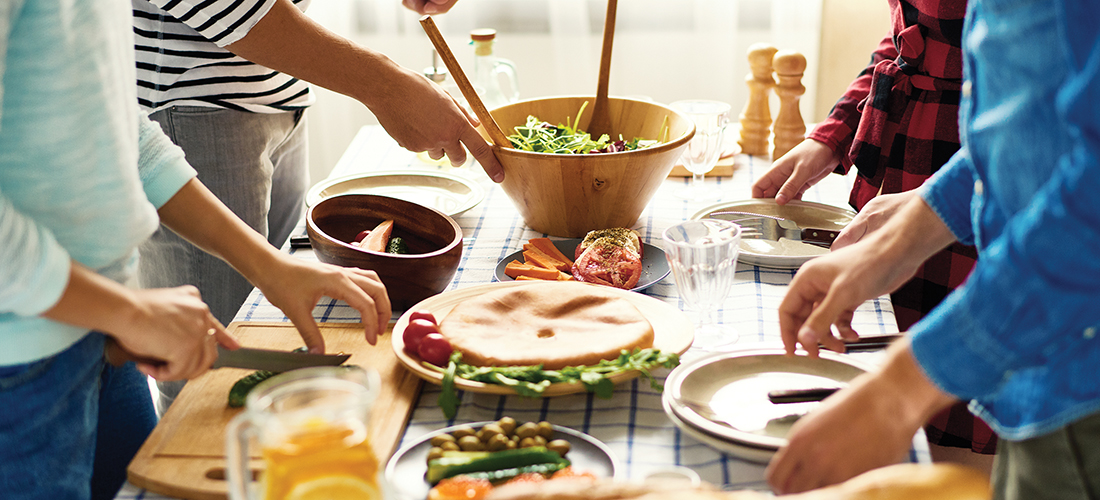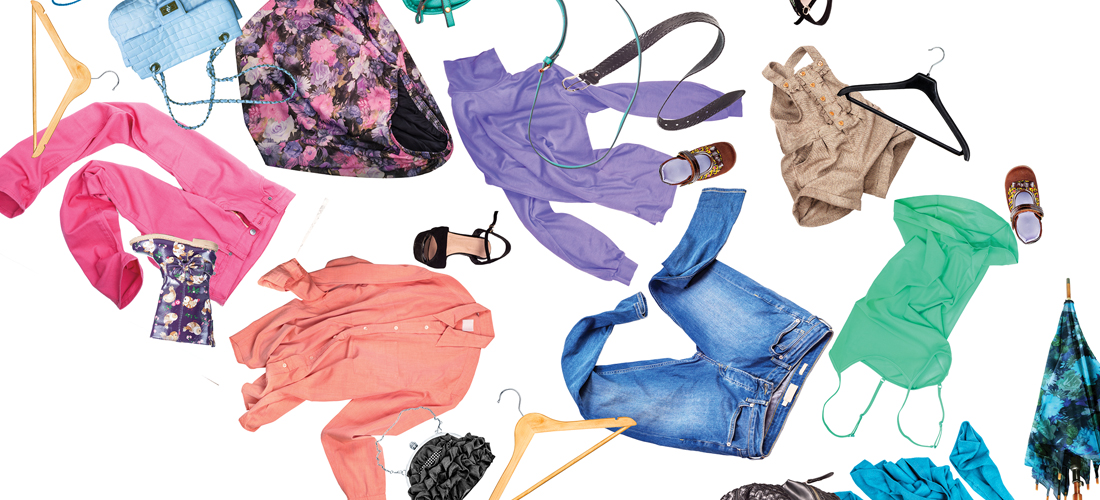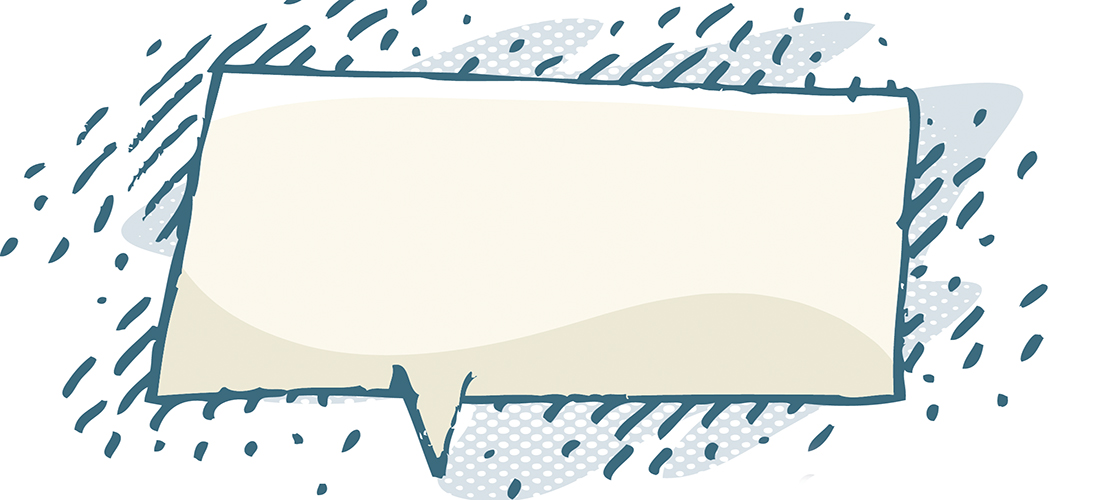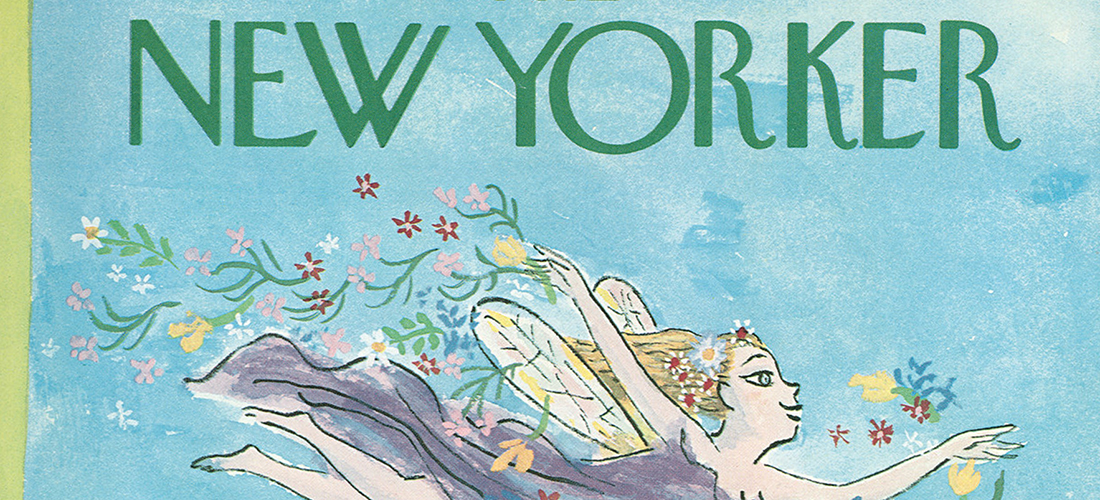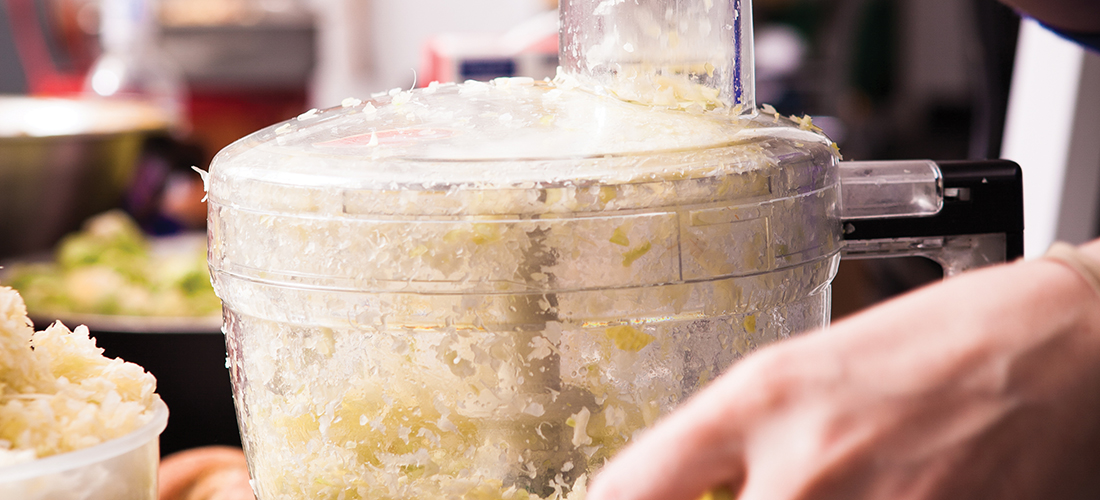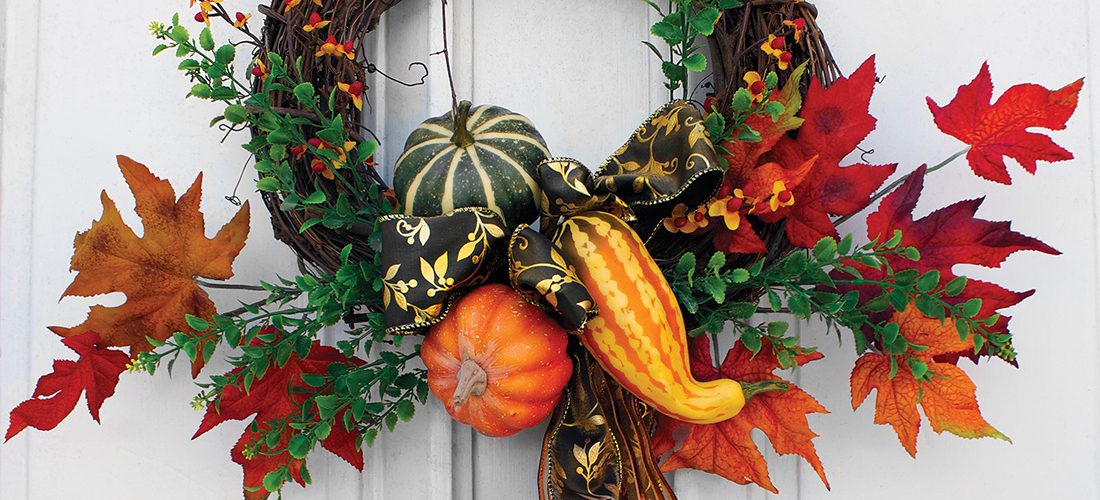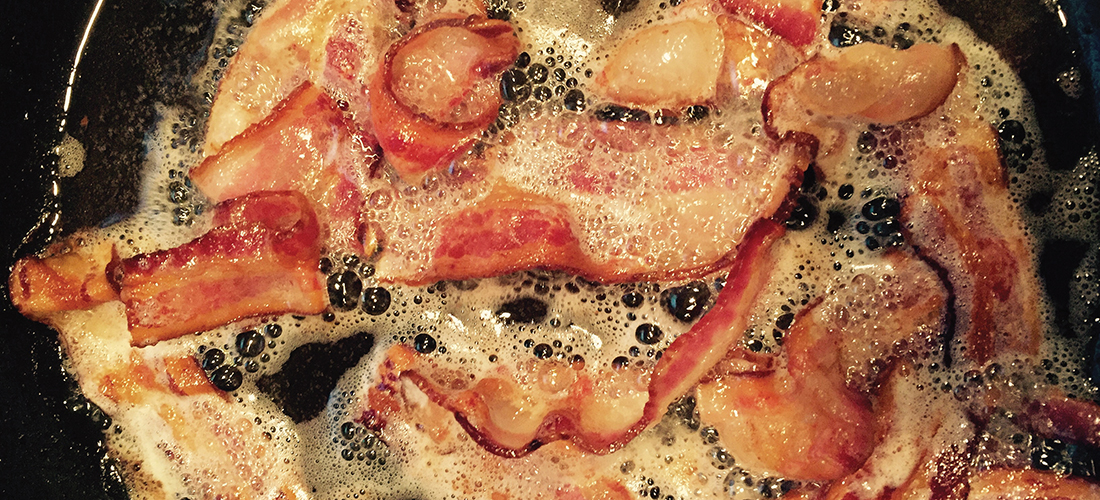All Pumped Up
Or just wait until the urge passes
By Susan S. Kelly
And now, a few concise words about exercising: I loathe it.
I was never on a sports team. No one wanted to double-Dutch jump rope with me as a partner. I’m so uncoordinated that I tend to fall down just putting on my underwear. In high school, while I kind of coveted the flippy kilts my field-hockey playing classmates got to wear, I preferred the passive, less-participatory exercise of wearing a weighted belt Velcroed around my waist under clothes. Worked just fine until you drank a glass of water. After study hall, we’d “walk” down the long dorm hall linoleum on our butt cheeks while listening to Cat Stevens singing “Wild World” from the Tea for the Tillerman album. An effort, in retrospect, that would have probably been a lot more effective if we’d just ceased and desisted with toast-eating contests at breakfast.
Despite years of sitting in stadiums, I never understood football until I watched Friday Night Lights on Netflix and had to figure out first downs to follow the plot. As for tennis or golf, why would anyone do anything that requires putting on sunscreen, much less sweating? I’d be perfectly content never to put on sneakers again — and I realize they’re not called sneakers anymore. In my opinion, anyone who changes the sheets on a king bed has had ample exercise for the day, what with all that walking around from one side of the bed to the other.
In defense of all this inactivity, I’d like to point out that I wear no ace bandages anywhere, have no joint, tendon, muscle, back, knee or other issues, and have no idea what an ACL or meniscus is or where they’re located; all of which I attribute to the fact that for five decades I never engaged in anything competitive or, well, physical, when you come right down to it. Just sayin’. And I do like to think that balancing on one foot while brushing my teeth counts for something. At least it beats my friend who’s figured out that she can set the treadmill speed at 3.8 before the wine starts sloshing out of the cup holder. Never mind my friend who’s eating Big Macs because the people at Weight Watchers told her she’s not fat enough to qualify.
Still, when a fitness facility opened up practically in my own backyard the year I turned 50, I decided it was Time To Get With The Program, as my father would say. Not that I would even consider walking the one-eighth mile over there when I could drive. Please. It quickly became clear that I don’t have the personality for yoga. The first time the instructor told me to quit wearing baggy tops — so she could correct my position — was the last time I went to yoga class. Besides, the whole time we were supposed to be clearing our minds or assuming the Savasana pose or whatever you’re meant to Om, I was thinking about all the things I needed to be doing and wishing the session would just end so I could get on with it. One friend’s husband wanted to go to yoga class with her, so she gave him a set of sessions for Christmas. Unfortunately, his first class became his last class, because, as is often the case with yoga, he publicly pooted. There’s no namaste for that. Somewhat similar to my sister’s issue with a chocolate power bar in her back pocket that melted and squished and looked — well, let’s just say it’s best to always wear black exercise clothes.
Beware of classes disguised as cults, in which Fitness Barbies and Kens are demoralizingly superior to you. I’m sorry, but if you have makeup on at the gym, I don’t care how long you can plank; you’ve lost all credibility. But I do like the way, in a class, the teacher will run down the quick-quick chop-chop single-syllable system checklist of to-dos or have-dones: quads, pecs, lats, delts, abs, glutes, biceps, etc. They come in handy for doing crosswords. (While sitting down.) The main argument for classes with scary titles like Pump It Up, Power Flex, yada yada, is the punch line to that old joke about why the guy keeps hitting himself on the head with a hammer: Because it feels so good when you quit.
Best, then, to stick with the treadmill, where you can multitask otherwise sedentary activities like online bridge and Netflix. At 79, a friend’s father began memorizing T. S. Eliot to pass time on the stationary bike. He’d repeatedly take a laminated card from his pocket, consult it, put it back, and pedal on. The discipline proved so popular to fellow cyclers that he formed a club with seven other men who meet three times a week to recite. In case you’re wondering, “The Waste Land” takes 40 minutes to recite.
Me, I’m reveling in a smaller triumph: The nurse who administered my flu shot asked, “Do you work out?”
“How did you know?” I returned.
“Your arm muscle,” she replied.
Score! PS
Susan S. Kelly is a blithe spirit, author of several novels, and a proud grandmother.


